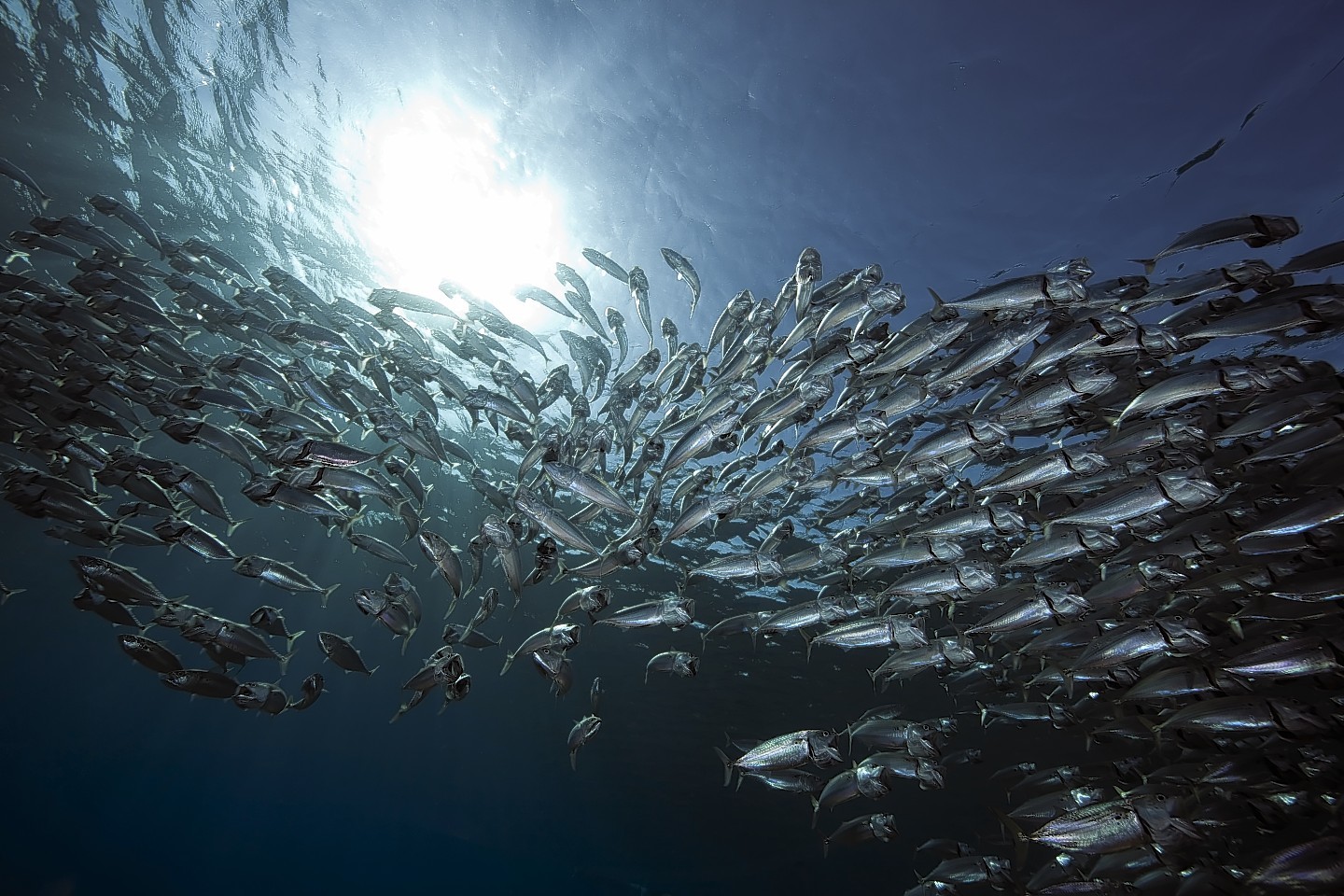Mackerel and herring fisherman will be able to “bank” up to 72,500 tonnes of their haul next year after the EU agreed to flexible quotas in the wake of Russian sanctions.
The EU Fisheries Council last night agreed to allow fishermen to roll over 25% of the 2014 quota, up from the standard 10%, for use in 2015.
Outgoing EU fisheries chief Maria Damanaki had previously called on EU member states to sanction a rollover of 30% of quota into 2015.
UK fisheries ministers claimed the deal, a result of lobbying of the EU, will provide more time for industry to make trade deals with new international markets, making up for the loss of Russian trade.
The Russian ban has had the biggest effect in Scotland where fishermen hold 70% of the UK mackerel quota.
Fisheries Minister George Eustice said: “We pledged support for our world class mackerel industry following this unjustified ban and have been campaigning hard in Europe ever since.
“This will provide time to negotiate more trade deals for mackerel so our fishermen can take their catch to what we hope will be a bigger, more valuable market.”
The decision follows Secretary of State Elizabeth Truss’ visit to Peterhead in August where she heard first-hand about the effects of the Russian ban on Scottish fishing businesses and the need for quota flexibility.
The agreement will support the government’s wider efforts to help the industry develop new markets for British mackerel. Trade visits to Vietnam, Japan and Hong Kong saw mackerel promoted to buyers from Asia and will also be promoted at China Fisheries in Qingdao next month.
The government said it has also been working with the EU reopen the Nigerian market, which is an important alternative for the industry – some companies are now successfully exporting following import restrictions imposed by the Nigerian Government earlier this year.
The Scottish Secretary Alistair Carmichael said:
“This underlines the UK Government’s commitment to use our influence in the corridors of power in Brussels to secure legal changes that will benefit both mackerel fishermen and processors in Scotland.
“This is a great example of the UK Government working together with industry and major Scottish fishing communities such as those in the North East to help ensure fishing will be as much a part of Scotland’s future as it has been of our past.”
Russia’s market for UK fisheries accounted for 18% of mackerel exports and generated £16million last year.
Russia’s import ban – introduced in response to US and EU sanctions on Moscow amid escalating tensions over the crisis in Ukraine – affects seafood, meat and dairy items.
